Overview:
Metal stamping shaft sleeves are engineered to ensure precise component alignment, reduce friction, and minimize wear between sliding surfaces. Often utilized as guides in precision metal drilling, these sleeves enhance accuracy and operational reliability. Unlike traditional bearings, shaft sleeves feature a straightforward, single-part design without rolling or ball elements. Depending on application requirements, they can be manufactured with multiple layers of conductive or insulating materials and may include lubrication to optimize performance.
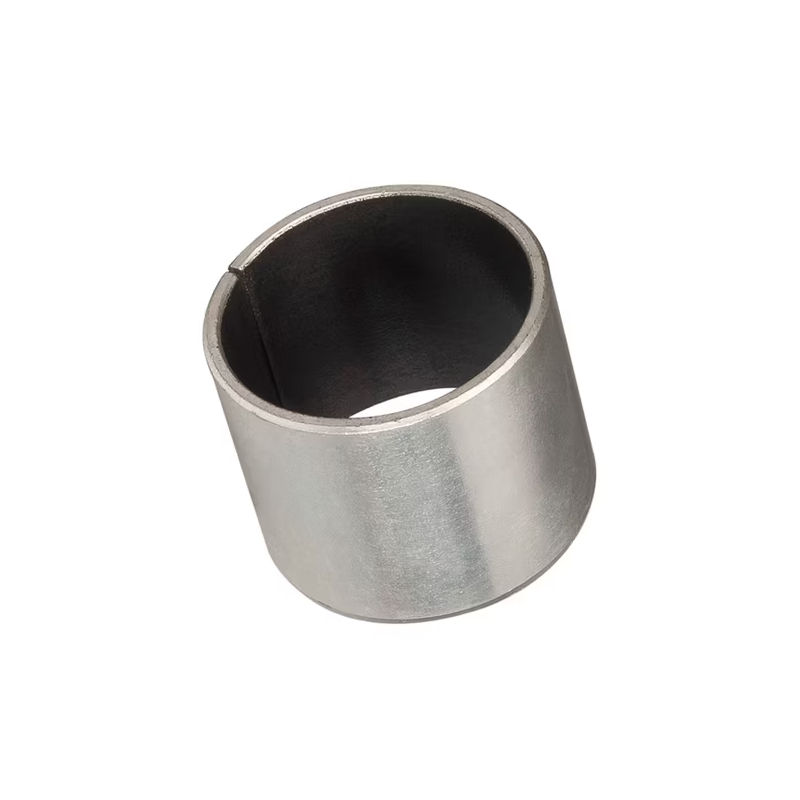
Characteristics:
| Attribute | Details |
| Certification | IATF 16949, ISO 9001 |
| Material | Brass, Stainless Steel |
| Process | Metal Stamping, CNC, Centerless Grinding |
| Machining | High Precision CNC Manufacturing, CNC Processing |
| Tolerance | +/- 0.005 or Meet Customer Requirements |
| Optional Processing Methods | Stamping, Die Casting, Casting, Lathe, Heat Treatment |
| Optional Surface Treatment | Blackening, Polishing, Anodizing, Sandblasting |
| Transport Package | Custom |
| Trademark | OEM |
| Origin | Xiamen, China |
| Production Capacity | 100,000 Pieces Per Month |
Advantages of Shaft Sleeves:
– Reduced weight
– Cost-efficient design
– Enhanced load-bearing capabilities
– Superior resistance to impact and oscillatory forces
– Improved tolerance for shaft misalignment
Production Process:
- Material Selection: High-quality metals such as brass or stainless steel are chosen based on the sleeve’s application requirements, considering factors like strength, conductivity, and corrosion resistance.
- Metal Stamping: Using advanced stamping presses, the raw metal sheets or strips are precisely shaped into the required sleeve dimensions. This process ensures high repeatability and dimensional accuracy.
- CNC Machining: Post-stamping, CNC machining is applied to refine the dimensions and achieve the required tolerances, ensuring the sleeves meet exact specifications.
- Centerless Grinding: This step further enhances the sleeve’s surface finish and achieves precise outer diameter tolerances, ensuring smooth operation and reduced friction.
- Optional Processing: Depending on the application, additional processes like heat treatment, die casting, or lathe turning are performed to enhance the sleeve’s durability and mechanical properties.
- Surface Treatment: The sleeves undergo surface treatments such as blackening, polishing, anodizing, or sandblasting to improve their corrosion resistance, wear resistance, and aesthetic appearance.
- Quality Inspection: Each sleeve is rigorously inspected using advanced measurement tools to verify dimensional accuracy, surface finish, and overall quality before packaging and shipment.
Our Factory
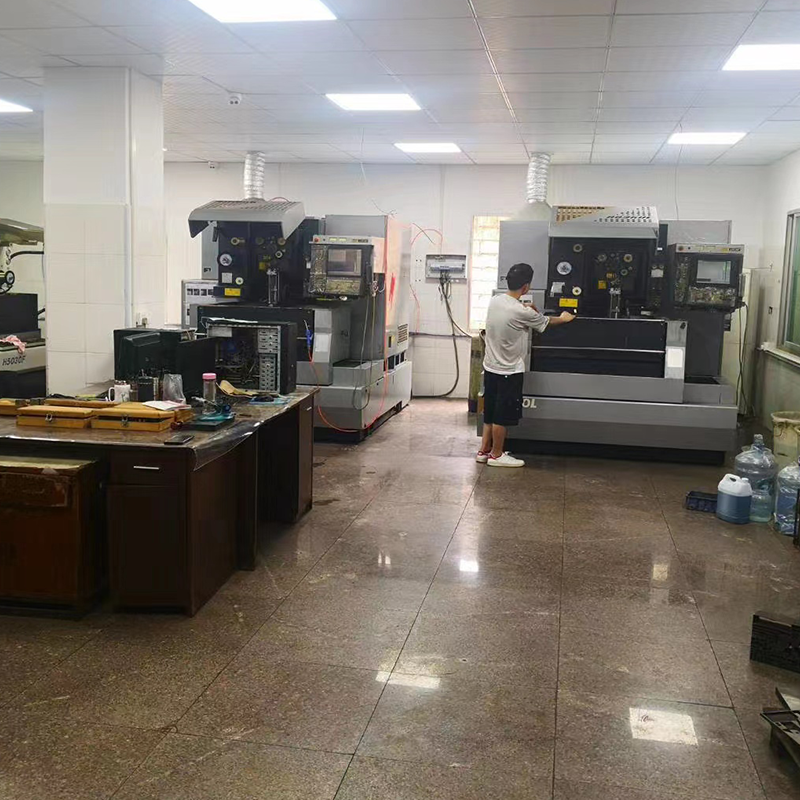
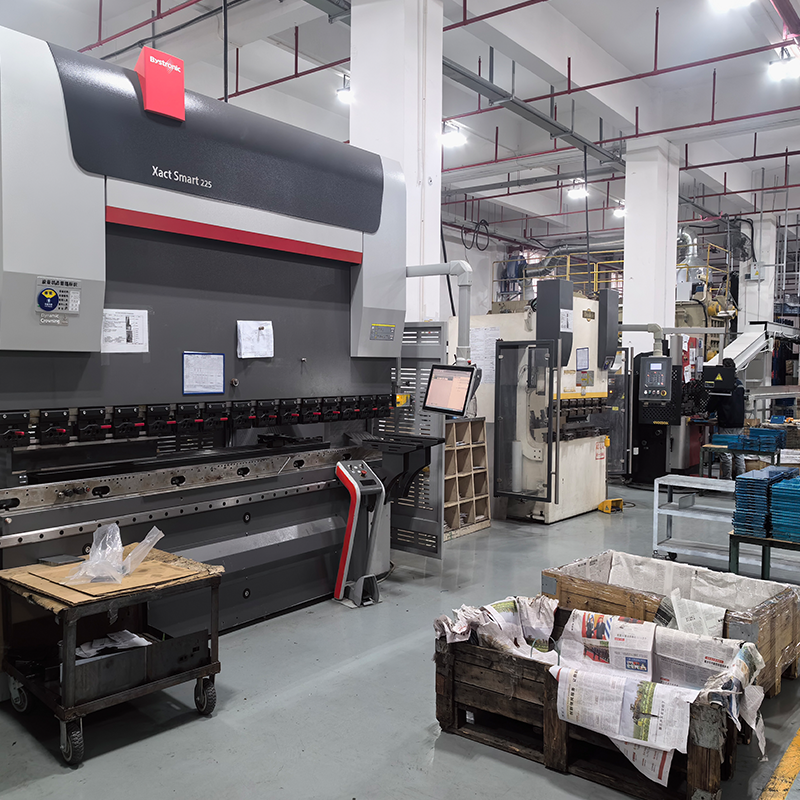

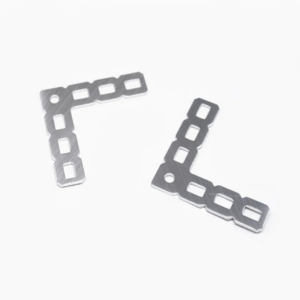
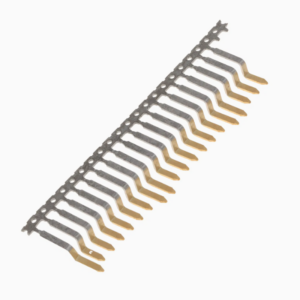
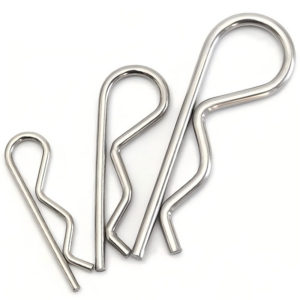
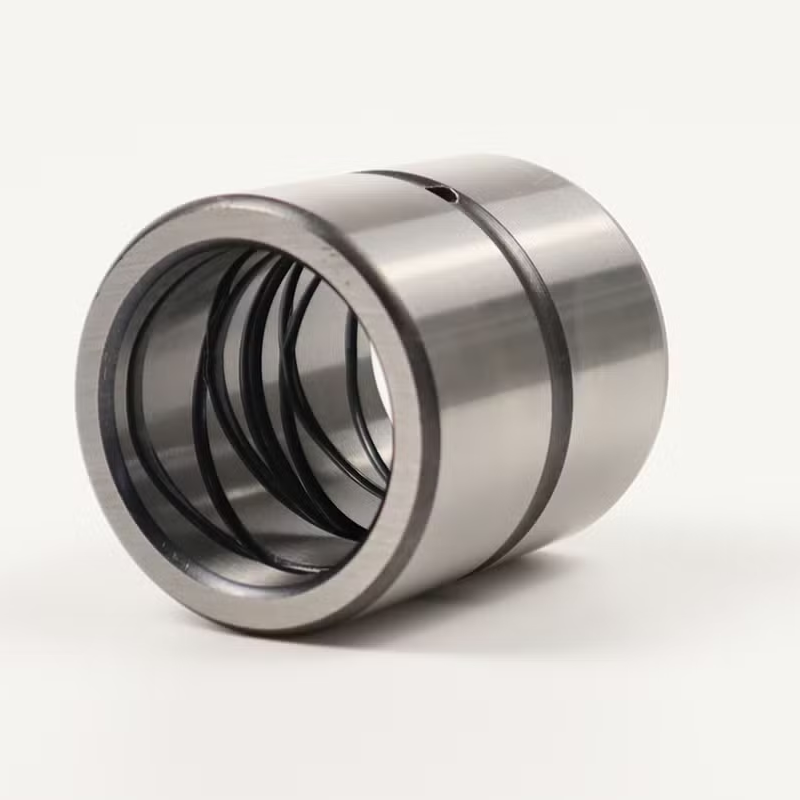
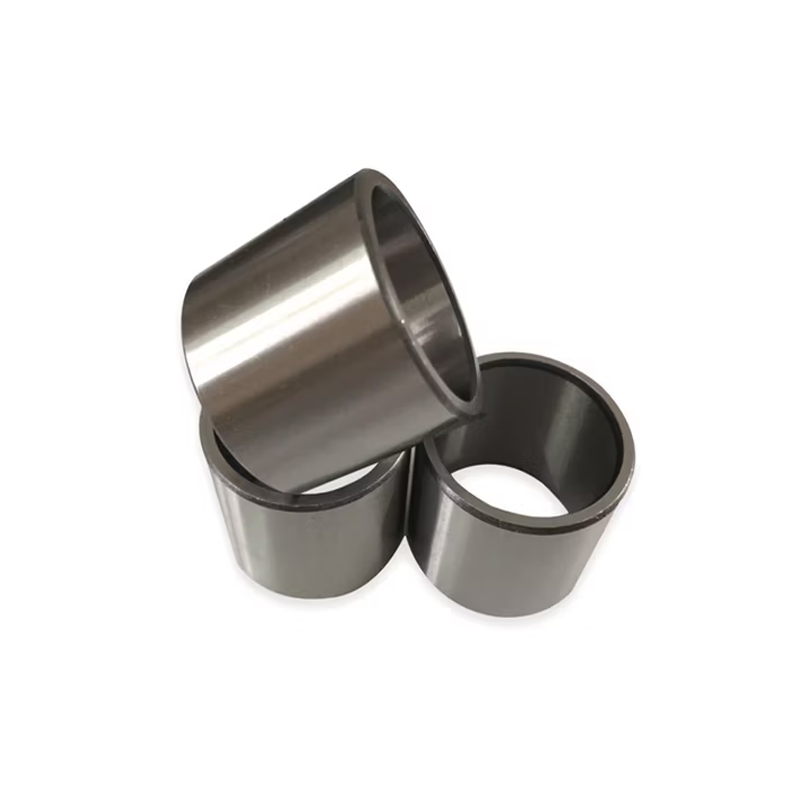
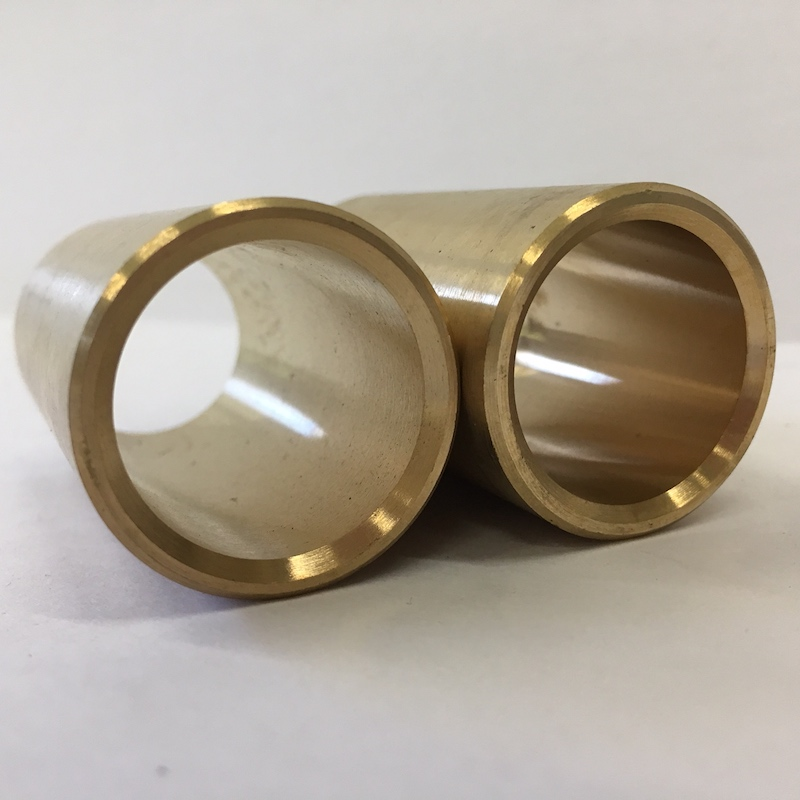
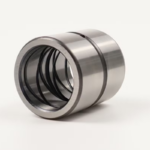
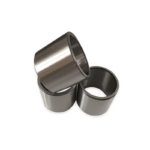
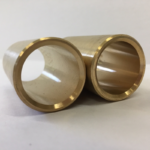
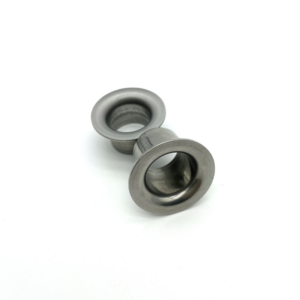
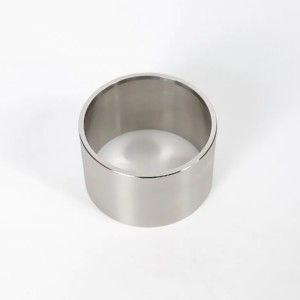
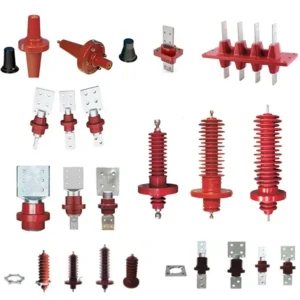
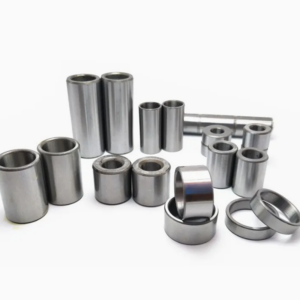
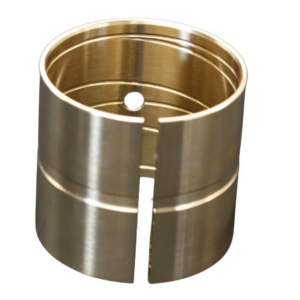
Reviews
There are no reviews yet.